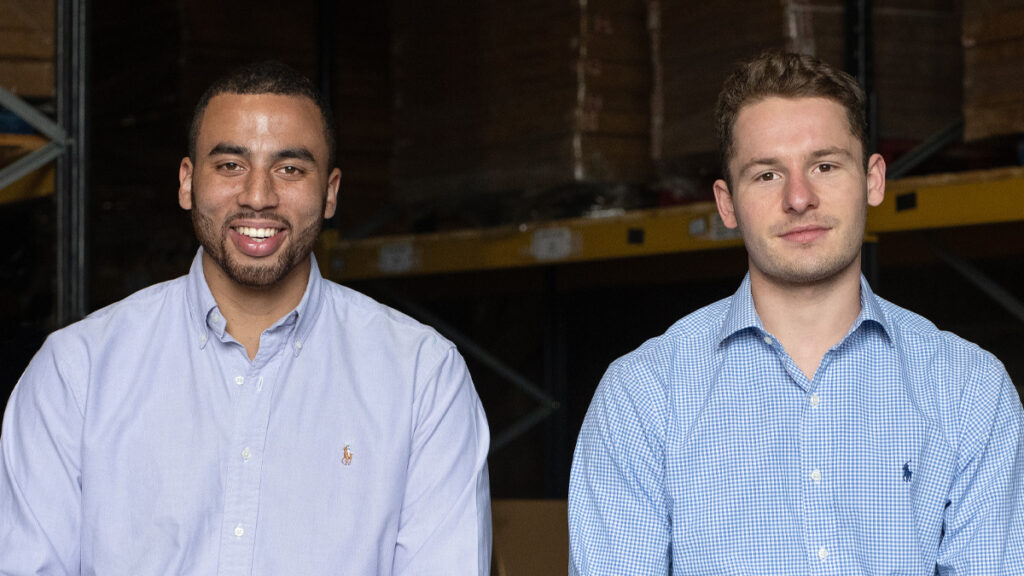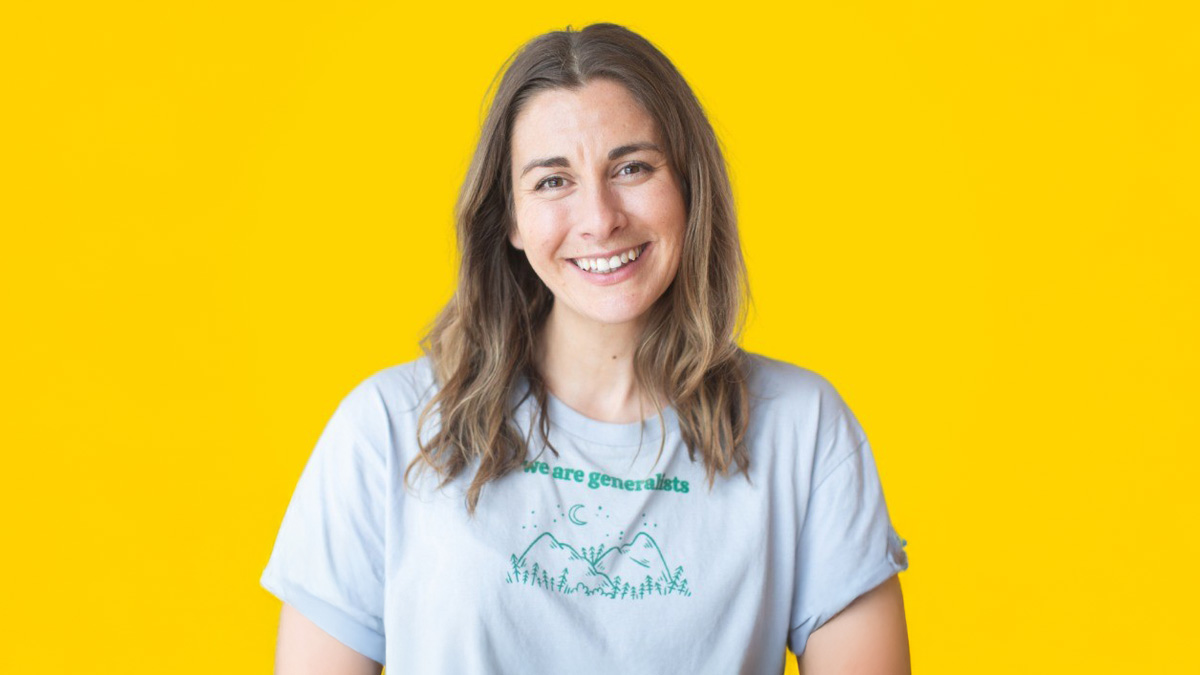The £20bn public spending hole
Plus, business confidence on the up, Autonomy co-founder and newly exonerated Mike Lynch speaks and Blackrock succession planning lessons
 Rachel Reeves (Image: Jonathan Brady - Pool/Getty Images)
Rachel Reeves (Image: Jonathan Brady - Pool/Getty Images)
This article is an online version of our Off to Lunch newsletter. Sign up to receive it straight to your inbox here.
Business Agenda
A summary of the most important business news
1. The chancellor Rachel Reeves is due to give a speech to parliament at around 3 pm on Monday afternoon in which she will warn there is a £20bn gap in the public finances between committed spending and the amount of tax revenues likely to be raised. Politics is clearly at play here, but economists had warned before the election that any new government would have to reduce spending and/or raise taxes. Reeves is expected to announce cuts to rail and road projects and a new Office of Value for Money, which will focus on finding savings in the public sector. More from the BBC here.
2. The finance directors of the largest companies in the UK are feeling more confident about the prospects for their business and less concerned about external uncertainty, according to a new survey. Deloitte’s closely watched quarterly survey of finance directors found that their risk appetite was at the highest for four years and concerns about external uncertainty were at the lowest in more than eight years. Business confidence has risen for four quarters in a row. You can find the survey here.
3. The delivery business Evri is planning to hire 9,000 staff across the UK to meet demand for online orders. The announcement comes after the private equity firm Apollo agreed to a £2.7bn deal to buy Evri. More here.
4. We may be enjoying a summer of sport and some warm weather (this week at least), but beer sales have been disappointing across Europe, according to the latest quarterly results from Heineken, the second-largest brewer in the world. Shares in the Dutch company have fallen 8 per cent on the back of the figures. You can read the company’s statement here.
5. From the weekend papers, the Autonomy co-founder Mike Lynch gave his first interview to The Sunday Times after being found not guilty of fraud charges in the US. “If this had gone the wrong way, it would have been the end of life as I have known it in any sense,” he says. You can read the full interview here.
Business Question
Guess the company
- It was founded by a British billionaire in 1998
- It operates 194 sites across 29 countries
- It employs 26,000 people and generates annual revenues of $65bn (£50.5bn)
- It’s made up of 36 individual businesses
- It’s a global petrochemicals manufacturer but is more recently known for an “uncompromising” 4×4
The answer can be found at the bottom of the page.
Hiring tips for scaling businesses
By Dougal Shaw
We know that hiring is an issue that preoccupies the leaders of most small and medium-sized businesses as they try to scale in the UK. It can drain a leader’s most precious commodity, time. And, if you get it wrong, it can set a company back many years – or even derail it entirely.
Stuart McLachlan is co-founder and CEO of Anthesis, a consultancy firm that specialises in ESG issues. He left his role as director of a FTSE250 company to set it up in 2013. It has found success in guiding large companies as they act on sustainability and social responsibility. This is for the good of the planet, but also to meet the expectations of modern shareholders, as well as other stakeholders.
It now has more than 20 offices around the world and employs 1,250 people. And McLachlan credits his ability to scale the business to his hiring strategy. He says one of his key realisations early on was that “great people attract great people”, so it offers a generous incentive scheme to those who introduce people who then go on to be employed.
His suggests founders should be generous with equity in the early days of a venture, to ensure everyone is “all in” on an inherently risky enterprise. It’s all about understanding the power of social networks in your early cohorts.
But, he admits, the risk here is that the company doesn’t attract people with different and diverse experiences.
You can see more from our My CEO Secret video series here.
Business Thinker
Deep dives on business and leadership
? Larry Fink’s stately search for his successors
The chief executive and chair of the world’s largest investment manager is 71. While he’s still a big part of the company’s everyday business, Fink’s focus remains on ensuring a smooth leadership transition for when the time comes. With BlackRock’s global impact and ambitious investments, it could be one of the most important succession plans in the business world and holds lessons for businesses of all sizes.
?? Big Tech groups must justify AI investments
This week, Amazon, Apple, Meta, and Microsoft are set to release their quarterly results, providing a key test for Big Tech amidst recent market selloffs triggered by Alphabet and Tesla’s disappointing numbers. Investors are keen to see if the sector’s hefty AI investments will pay off.
? The CEO who turned over 80 per cent of his employees into millionaires
When Jay Chaudhry sold his first company, SecureIT, for $70m in 1998, he prioritised making his employees millionaires over personal gain. Today, Chaudhry is the billionaire CEO of Zscaler, but his legacy began with transforming 70 out of SecureIT’s 80 employees into millionaires through an all-stock deal with VeriSign. Chaudhry’s approach of funding the start-up himself and distributing equity generously highlights his belief in the transformative power of employee ownership.
Business Quote
Inspiration from leaders
“No one can make you feel inferior without your consent.”
– Eleanor Roosevelt
Business Leader
The best of our content

Growth Stories: Keeping customers satisfied
Salisbury natives Monty George and Dan Beckles have transformed their tech-savvy approach into Furniturebox, a flourishing digital furniture retailer poised for a £27m turnover this year. Starting from eBay trading at age 12, George, now 27, and Beckles, 26, who deferred university to join him, capitalised on online marketplaces and exceptional customer service.
With a Trustpilot score of 4.9 and a new 88,000 sq. ft fulfilment centre, the duo’s bootstrapped venture saw a 400 per cent turnover increase to £15.9m in 2022. As they eye expansion into the US, they remain committed to preserving their team and company culture.
We talk to them in the latest instalment of Growth Stories. Read the article here.
Our most popular pieces
? The spicy tale of supersizing Nando’s
? Virgin Group’s CEO on why it’s important to be prepared to fail
And finally…
By Sarah Vizard
Day three of the Olympics is now underway, with Tom Daley and Noah Williams just winning silver in the 10-metre synchronised diving as I write. Last night, I was watching as Adam Peaty tried to become only the second male swimmer in history to win gold in the same event at three consecutive games, only to be pipped to silver by 0.02 agonising seconds.
One thing that has been commented on at these Olympics is the – relatively – slow times being posted. The winner of the 100-metre breaststroke finished in 59.03 seconds, some way off the 56.88-second world record. One reason for this is the depth of the swimming people. At 2.3 metres, it is notably shallower than what is deeper to be the optimum depth – three metres.
That’s in part because there is no need for the pool to be deeper because the artistic swimmers are competing at a purpose-built centre in Saint-Denis. It’s also because the swimming pool being used is temporary: it has been constructed in what is normally a 30,000-seat rugby stadium. It also, barely a month before the competition started, played host to Taylor Swift as part of her Eras Tour.
You can watch here as the stadium undergoes a remarkable transformation. The aim is that the Olympic-sized pools can be assembled, broken down and reused elsewhere – part of plans to reduce the environmental impact. They were originally used in the London 2012 Games and will be reconstructed as permanent pools in two regions of Paris: Sevran and Bagnolet Est Ensemble.
It’s an astounding transformation – and well worth watching here.
The answer to today’s Business Question is Ineos.



